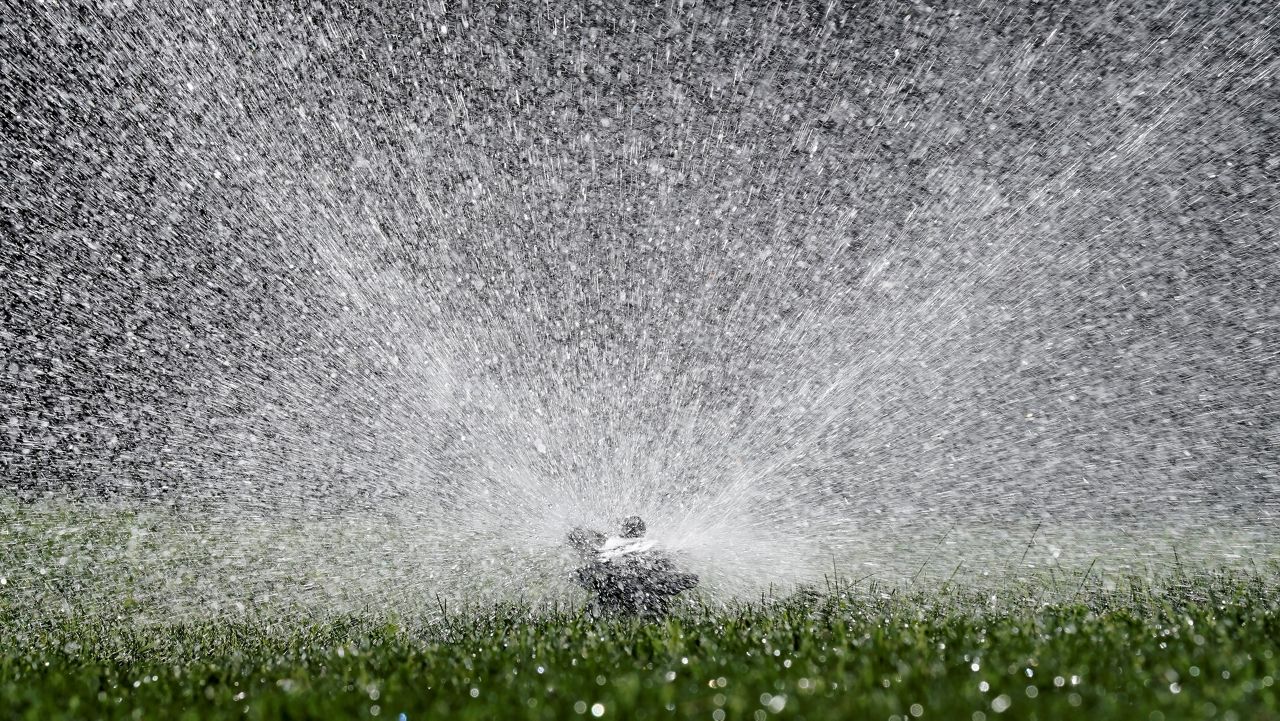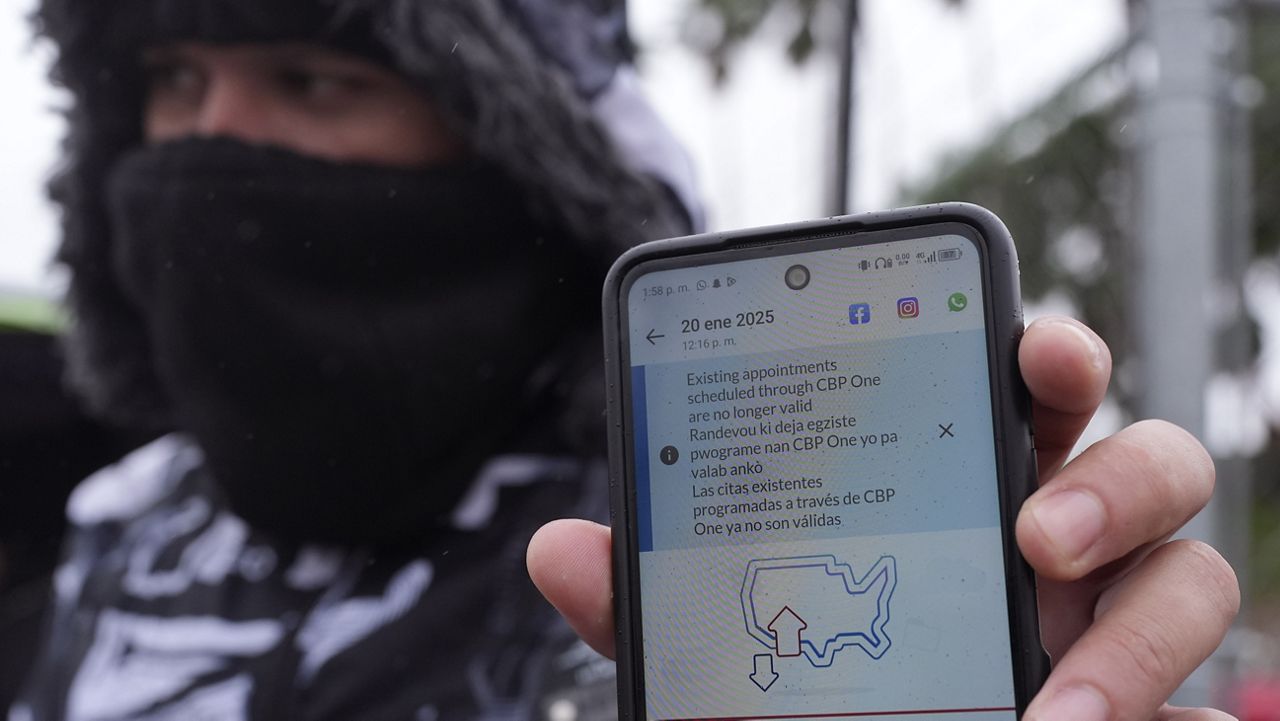NEWPORT BEACH, Calif. — Local software maker Aquatrax is hoping its water conservation program can cut water consumption by up to 10%, and the city of Newport Beach believes it can, and will deliver.
City watershed and conservation specialist Shane Burckle said it already has helped residents and businesses slash water consumption. Newport Beach has paired the Aquatrax software, developed in Irvine, with its other investments in new smart water meters. Now, it’s available to the public.
“We’re trying to communicate with customers and get them conscious about their water use,” said Burckle.
Homeowners and businesses can log into the software and examine a graph that shows water usage with hourly updates. It also compares the usage of the customer to other properties of similar size, and if there’s a spike in how much water has been used. That feature helps the city, and homeowners, pinpoint costly, wasteful leaks.
“Before, leaks could have happened and gone on for months, wasting thousands and thousands of gallons,” Burckle said.
The city has invested about $3 million in new smart meters which it began installing about eight months ago. These smart meters provide the data which is collected and processed by Aquatrax. About 60% of the 27,000 customers the city serves have new meters and can look at hourly updates. The rest can access the monthly numbers until the upgrade is completed citywide.
The city began working with Aquatrax several months ago for a customized version of its product. Founded in 2019, the company has been advertising its product to local customers.
“The timing is perfect. The main element is that most clients can’t track hourly consumption and a lot of customers don’t know how much they should be using,” said Aquatrax owner and developer Amit Sharma. “We believe potential savings could be up to 10%.”
As key water suppliers such as the Colorado River have been strained by drought, California has moved to curtail water usage. In March, Gov. Gavin Newsom signed an executive order requiring local water suppliers to move to level 2, forcing many cities to restrict the number of days residents can activate home irrigation systems.
Education has been a frequent tool in the water conservation arsenal with government investments in ad campaigns showing people what they can do to help protect water supplies. That includes shorter showers, saving water from those showers for plants, and removing lawns.
Sharmer hopes his system will become more widely adopted, providing an extra means of education for the average person.
“If they don’t know how much they should be using, then how should they know how much to cut down?” Sharma said.










